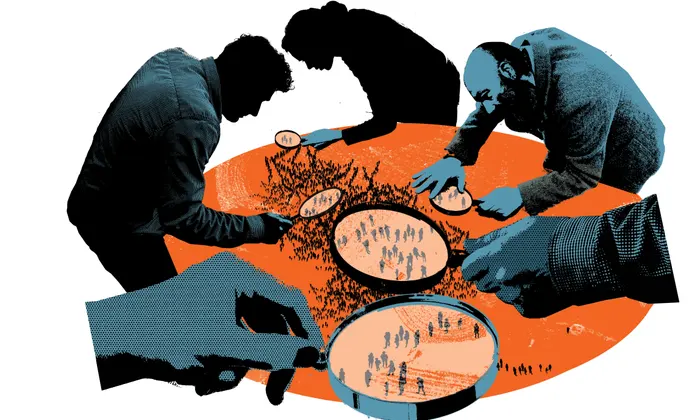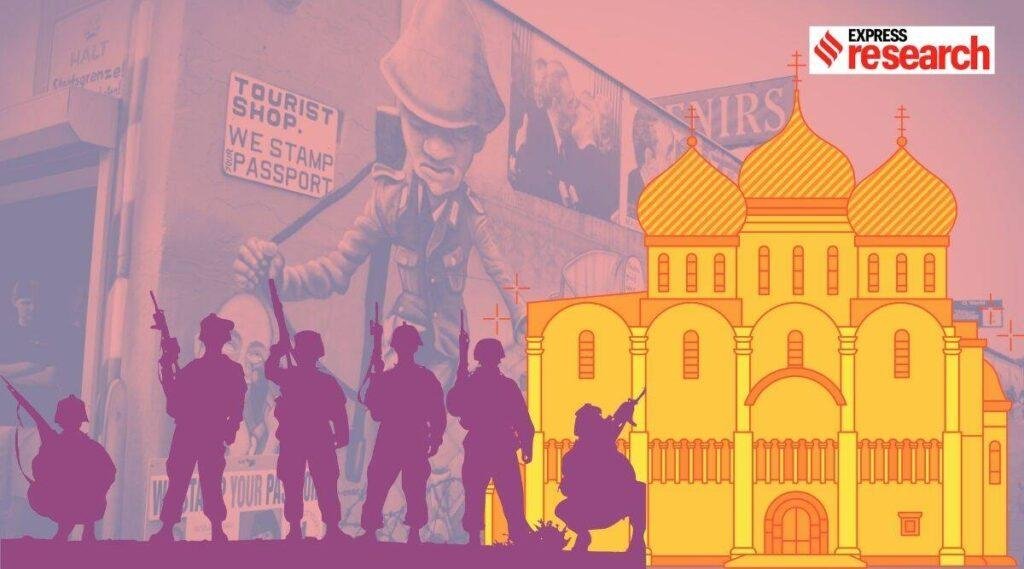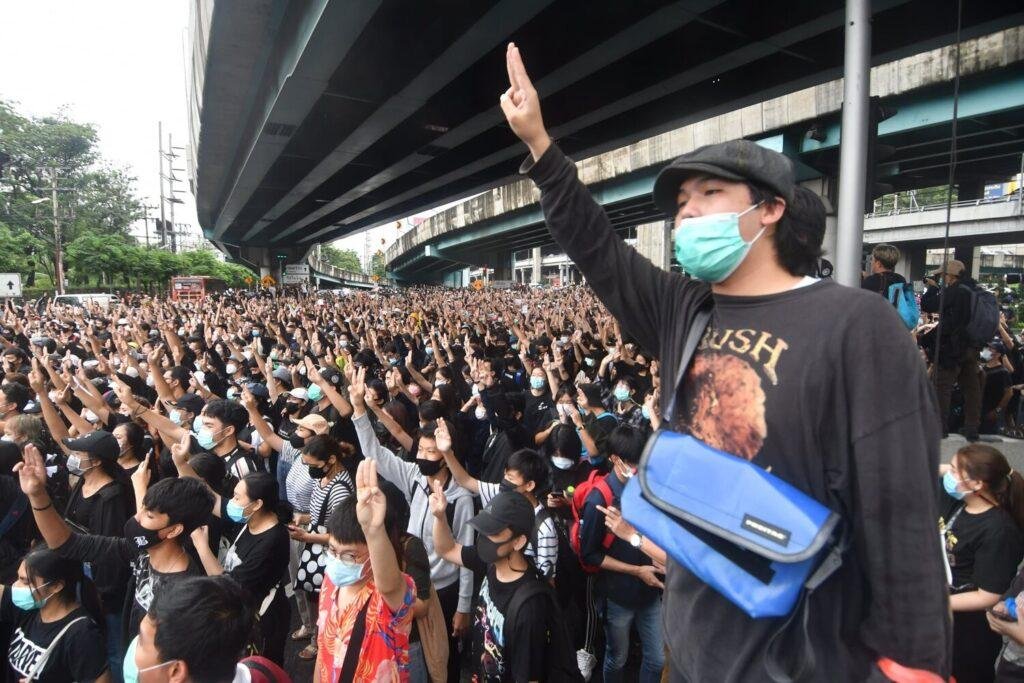Social Inequality: The Role of Government
The Role of Government in addressing social inequality
Social inequality is a significant issue that affects individuals and communities worldwide.
Social inequality refers to the unequal distribution of resources and opportunities, such as income, education, healthcare, and housing, among individuals and groups based on factors such as race, gender, socioeconomic status, and other social identities.
In this essay, I will explore the role of government in addressing social inequality.

One of the primary roles of government in addressing social inequality is through the provision of social welfare programs. Social welfare programs are designed to provide a safety net for individuals and families struggling to meet their basic needs.
These programs include food assistance, housing assistance, healthcare, and education, among others. Social welfare programs help to address social inequality by providing support to those who are most in need and ensuring that all individuals have access to necessities.
Moreover, governments can address social inequality by implementing policies that promote equal opportunities for all individuals. These policies can include anti-discrimination laws, affirmative action programs, and policies that promote diversity and inclusion in the workplace and educational institutions.
These policies help to address social inequality by ensuring that all individuals have equal access to opportunities regardless of their social identities.
Furthermore, governments can address social inequality by promoting economic growth and development. Economic growth and development can lead to the creation of new job opportunities, increased access to resources, and greater economic mobility.
These factors can help to reduce social inequality by providing individuals and families with greater access to resources and opportunities to improve their economic situation.
Additionally, governments can address social inequality by promoting community development initiatives. Community development initiatives can include investments in affordable housing, community centers, also other infrastructure projects that benefit underserved communities.
These initiatives help to address social inequality by providing resources and opportunities to communities that have been historically marginalized and underserved.
Moreover, governments can address social inequality by investing in education and workforce development programs. Education and workforce programs provide individuals with skills also knowledge to succeed in the labor market and enhance economic mobility.
These programs reduce social inequality by empowering individuals to break the cycle of poverty also improve their economic situation.
Furthermore, governments can address social inequality by promoting healthcare access and quality. Access to healthcare is a fundamental human right and plays a critical role in reducing social inequality.
Governments can address social inequality by implementing policies that promote healthcare access and quality, such as expanding Medicaid. Providing subsidies for low-income families to purchase health insurance, and investing in community health clinics.
Governments must adopt a comprehensive, multifaceted approach to effectively address the root causes of social inequality.
This approach should encompass policies promoting equal opportunities, also social welfare programs. Economic development initiatives, education, workforce development, and healthcare programs.
Moreover, to ensure the effectiveness of these policies and programs’ effectiveness, governments must collaborate with other stakeholders. As community organizations, businesses, and non-profit organizations.
Collaboration ensures policies and programs meet diverse community needs and address complex social and economic factors contributing to inequality.
Conclusion
Social inequality is a significant issue that affects individuals and communities worldwide.
Governments play a crucial role in addressing social inequality through social welfare programs, and policies promoting equal opportunities. Economic development initiatives, education and workforce programs, and healthcare access and quality.
Governments, through a collaborative and comprehensive approach with various stakeholders. Can effectively address social inequality and ensure everyone has access to the resources needed for thriving. 온라인카지노사이트








